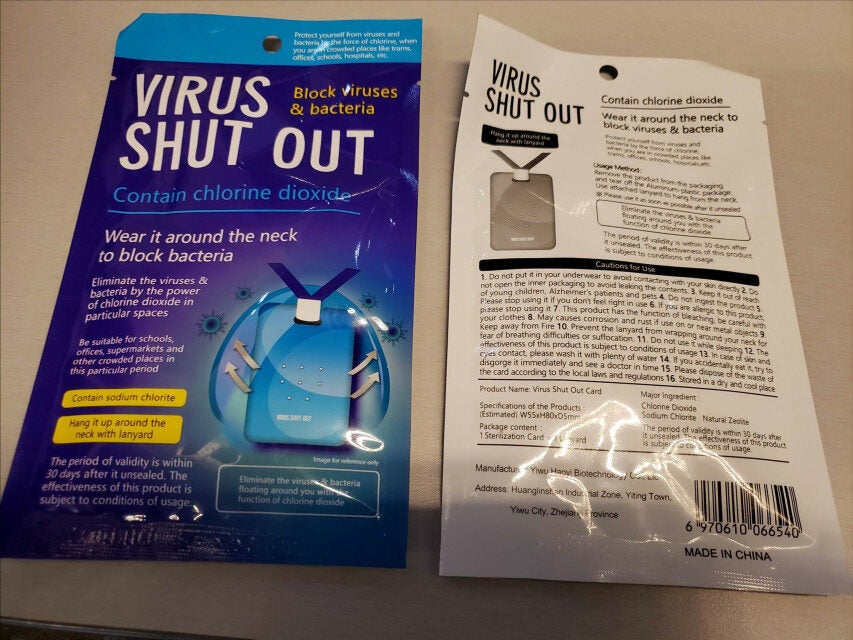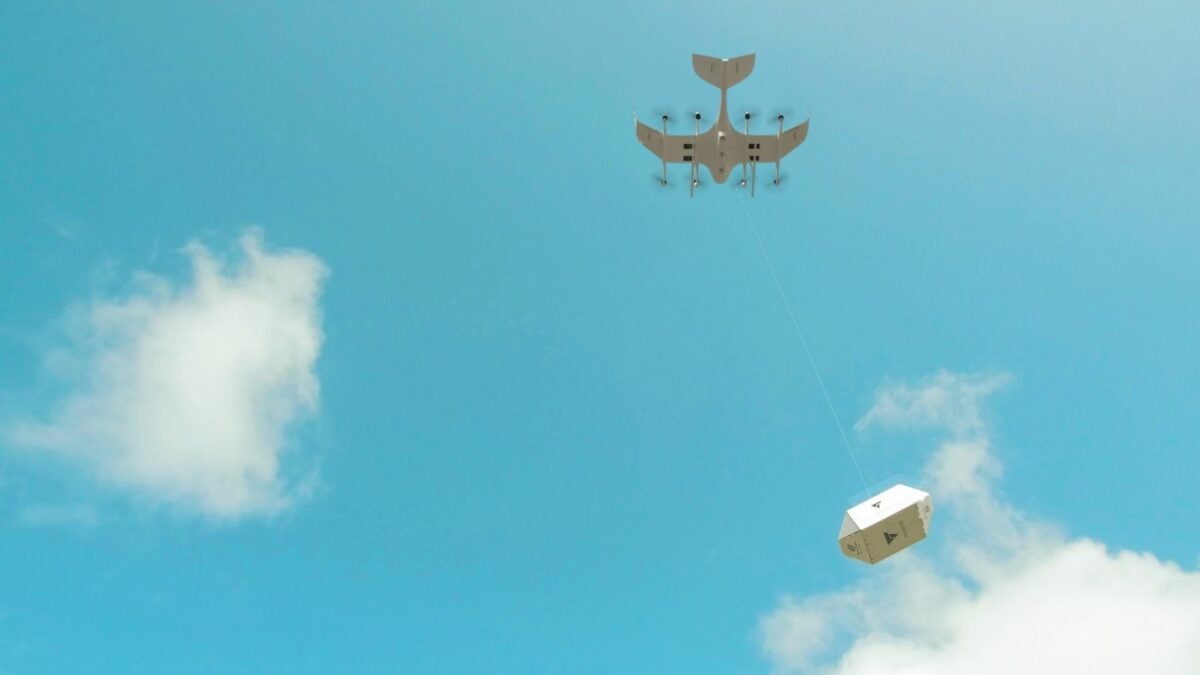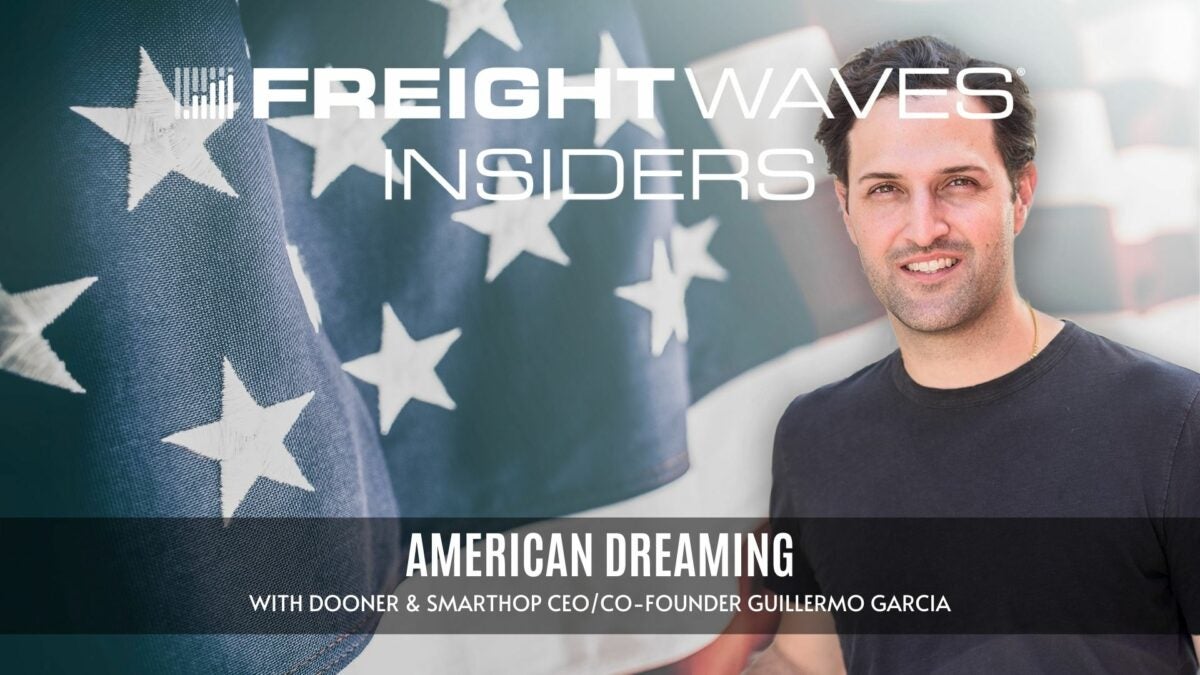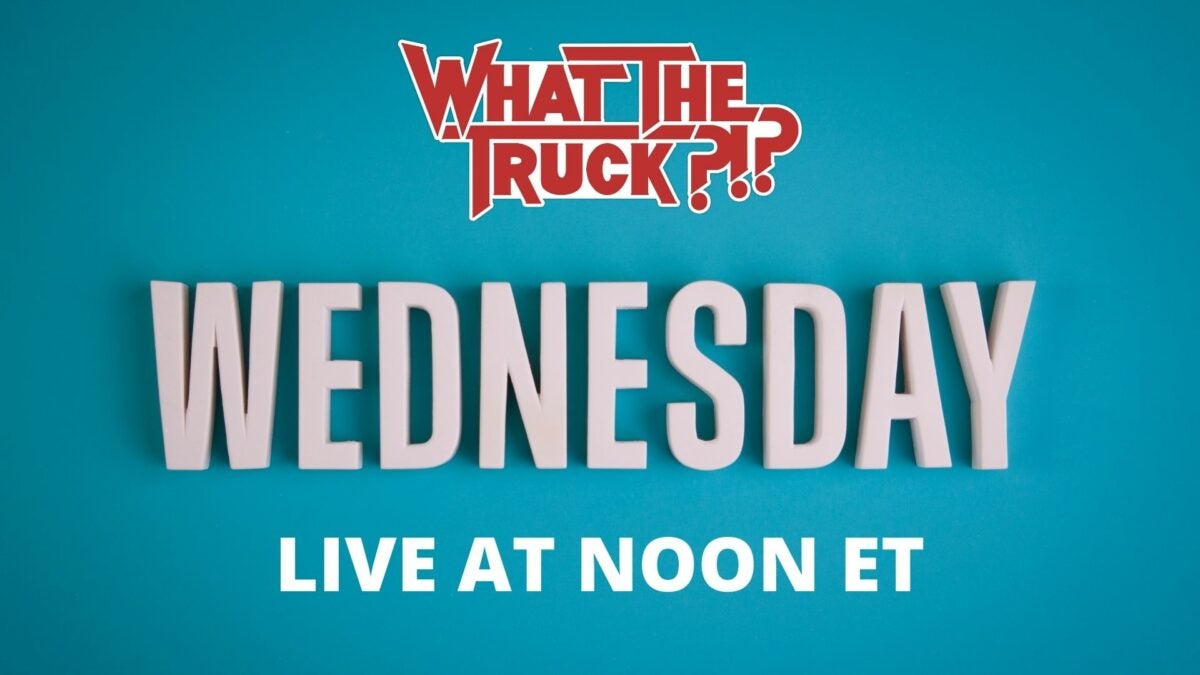Welcome to the WHAT THE TRUCK?!? newsletter. In this issue, new Nintendo Switch, old chip problems; another vessel stuck in Suez; fake coronavirus cures; and more.
Super Nintendo Switch

Insert quarter — Last week, Nintendo made the video game (and supply chain) industry do a double take when it announced an upgraded version of its flagship console, the Nintendo Switch. The device, seemingly called Nintendo Switch Pro, could begin production as early as July for a September release. This news comes just a month after Nintendo reported its own struggles with finding microchips. ARS Technica reports, “Nintendo forecast a 12 percent drop in sales of its flagship Switch in the financial year ending in March 2022, citing potential issues with procuring important components.”
Chips dip into profit — While a 12% drop in sales isn’t great for the house that Mario built, the company may be even more concerned by the anticipated 29% drop in net revenue. Despite issues building the Switch, the company likely feels that an upgraded video game system may help close the gap as it attracts new buyers as well as those willing to power-up their existing systems.
“[Production] might be affected by obstacles to the procurement of parts, including the increase in global demand for semiconductor components.” — Nintendo in an earnings statement
Quality control — Although the Switch is only in the fourth year of its life cycle, the handheld-hybrid console is looking very last generation. Nintendo aims to fix that with modern features like 4K resolution upscaling, a faster processor and larger Joy-Cons. Nintendo’s first generation of Switch controllers, known as Joy-Cons, have been a sore subject for the gaming giant. A couple class action suits have been filed over Joy-Con drift where the analog sticks on the controller can take on a mind of their own, sending Smash Bros. players into fits of rage. Nintendo has offered to replace existing Joy-Cons but the reverse logistics continue to cut into their bottom line.
Final mile — Considering Sony still can’t meet demand for PS5s due to chip shortages, will you even be able to get a Nintendo Switch Pro at launch and how much will it cost? Matthew Kanterman of Bloomberg Intelligence believes that system could retail for $350-$399. If you want one, make sure to get in on the pre-orders as soon as those open to the public. The long anticipated Zelda: Breath of the Wild sequel isn’t due until ’22, so if you’re out of luck until next year, at least you’ll have Link’s next adventure across Hyrule waiting for you. Gamers won’t have to wait long to catch their first glimpse of the next-gen Switch as it is rumored to debut at E3 June 12-15.
Not again

An emerald shines even if its worth is not spoken of — On May 28 the Maersk Emerald answered the question of what vessel would be the first since the Ever Given to get Suezed. The 366-meter-long containership ran aground last Friday after experiencing engine troubles. Fortunately, the ship was refloated by four tugs after only a few hours. According to gCaptain, Suez Canal Authority head Osama Rabea had a positive spin on this repeat grounding. Rabea said the incident shows that the waterway “has adequate capacity to handle such situations.”
But do they? — Fallout from the March 23 grounding of the Ever Given is making its way through investigation and litigation. Egyptian officials seized the vessel on April 12 and demanded $900 million in compensation, a sum they have since reduced to $550 million. The Suez Canal Authority places blame squarely on the ship’s captain while lawyers for the Japanese company that owns the ship, Shoei Kisen Kaisha Ltd., contend that the Ever Given shouldn’t have been allowed to go through the canal without at least two tugboats during a sandstorm.
Stuck at anchor — According to The Wall Street Journal, “the ship, along with its cargo of some 18,000 containers and its crew of Indian sailors, remains at anchor in the Great Bitter Lake.” The case in the Ismailia Economic Court will pick up proceedings on June 20. Until that time, the Ever Given, her crew and cargo could remain held up indefinitely.
Backstage pass to breathing problems

Snake oil — Customs and Border Protection busted a tractor-trailer filled with a shipment of “Virus Shut Out” necklaces that claim to ward away viruses and bacteria. The truck was going through the Nogales, Arizona, border station from Mexico to the U.S. when border agents uncovered 30,000 of the devices. The packages contain a lanyard and a packet of sodium chlorite and chlorine dioxide. The combination of sodium chlorite and chlorine dioxide is often found in banned “Miracle Mineral Solutions.” The FDA warns that such a combination can cause breathing problems, nausea, vomiting and diarrhea. The package advises that you do not put it in your underwear, which seems like sound advice.
Drone super skyway

Highway on the horizon — If you attended FreightWaves’ DroneWaves event you learned nearly everything you needed to know about the state of drone delivery. Some of the main issues that came up had to do with routing, payload weight and range. Wingcopter is coming after all three. According to TechCrunch, “the Wingcopter 198, which was revealed last Tuesday, is capable of making three separate deliveries per flight, has a top speed of 93 miles an hour and can carry payloads up to 13 pounds for a distance of about 47 miles from a single battery charge.”
“That’s actually our next mission, to not just build drones, but to build networks,” Wingcopter CEO Tom Plümmer told TechCrunch
Lofty numbers — What Wingcopter hopes will make its drones unique is their ability to solve a major bottleneck in autonomous aerial final-mile flight: the ability to carry multiple deliveries at once. Wingcopter claims that multistop delivery is a cornerstone for making drone-delivery-as-a-service both scalable and profitable. That’s the company’s next step in creating what its CEO calls “logistical highways in the sky.”
Power surge

Weeding through the miners — When officers in the U.K. raided a warehouse on May 18 to serve a drug warrant, they saw all of the tell-tale signs of an indoor marijuana growing operation. According to Swenergy, indoor marijuana growing consumes up to ~150 kilowatt-hours of electricity per year per square foot, which is about 10 times as much as a typical office building in the Southwest. It all added up to authorities until they entered the facility and realized the wrong color green was being harvested inside.
“It’s certainly not what we were expecting! It had all the hallmarks of a cannabis cultivation set-up,” — Sandwell Police Sergeant Jennifer Griffin.
Bitcoin power —Despite a heat signature and energy usage that matched up with a growing operation, the police were shocked to find out that the place was actually a bitcoin mining facility. While mining bitcoin isn’t illegal, using unauthorized power from the grid is. The energy consumption used in bitcoin mining recently came under fire when Elon Musk tweeted that Tesla would suspend use of the cryptocurrency to purchase its vehicles, citing climate change concerns. Bitcoin’s value has fallen 37% since May.
This week on Insiders

Building the dream — On this episode of FreightWaves Insiders, I catch up with SmartHop CEO/co-founder Guillermo Garcia to talk about living the American Dream.
Guillermo’s passion to elevate smaller fleets stems from his experience as a fleet owner. His trucking roots can be traced back to his native Venezuela, where his career began as a master production scheduler for Nestle before founding his own trucking company, ALCARIN, which amassed nearly 500 employees. Now he runs SmartHop, a tech-based dispatching platform that has raised over $16 million in funding.
Subscribe to FreightWaves Insiders wherever you get your podcasts and never miss an episode. New shows drop every Thursday at 3:30 p.m. ET on FreightWavesTV.
WTT this week

Wednesday — Using tech to give drivers more transparency into their pay; why container rates keep escalating; and the latest in localized drone delivery. With special guests Steve Ferriera, founder/CEO, Ocean Audit Inc.; Ed Fienga, COO, Deuce Drone; Walter Heil, senior vice president, Locus.
Friday — An automated booking hub that cuts out the middleman; DHL’s sustainability road map; the first-ever fully automated IoT platform for fleet management; and shipping odd-sized freight like kayaks, home goods and more. With special guests Sam Agyemang, co-founder, HaulerHub; Jim Monkmeyer, president, Transportation, DHL Supply Chain North America; Tom Curee, SVP, strategy and innovation, Kingsgate Logistics; and Mark Thomas, vice president, Ridecell.
Catch new shows live at noon ET Mondays, Wednesdays and Fridays on FreightWavesTV, FreightWaves LinkedIn and Facebook or on demand by looking up WHAT THE TRUCK?!? on your favorite podcast player.
Now on demand
Monsters of Rocket featuring NASA
Taking the tension out of recruiting and retention
About those UFO reports

Should we be worried? — We asked NASA.
Subscribe to the newsletter
Subscribe to the show
Or simply look up WHAT THE TRUCK?!? on your favorite podcast player.
All FreightWaves podcasts can also be found on one feed by looking up FreightCasts wherever you get your podcasts.
Want a new WHAT THE TRUCK?!? shirt or hat? Check out the swag store.
One love,
Dooner













